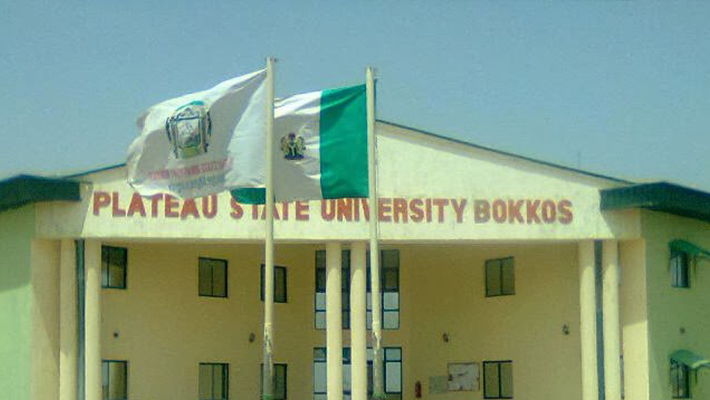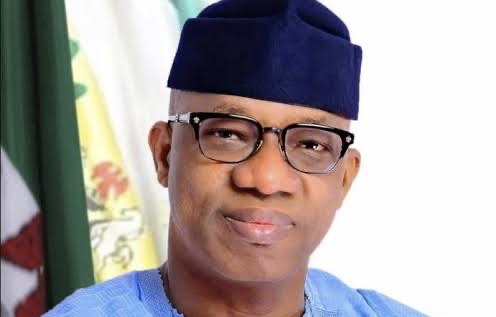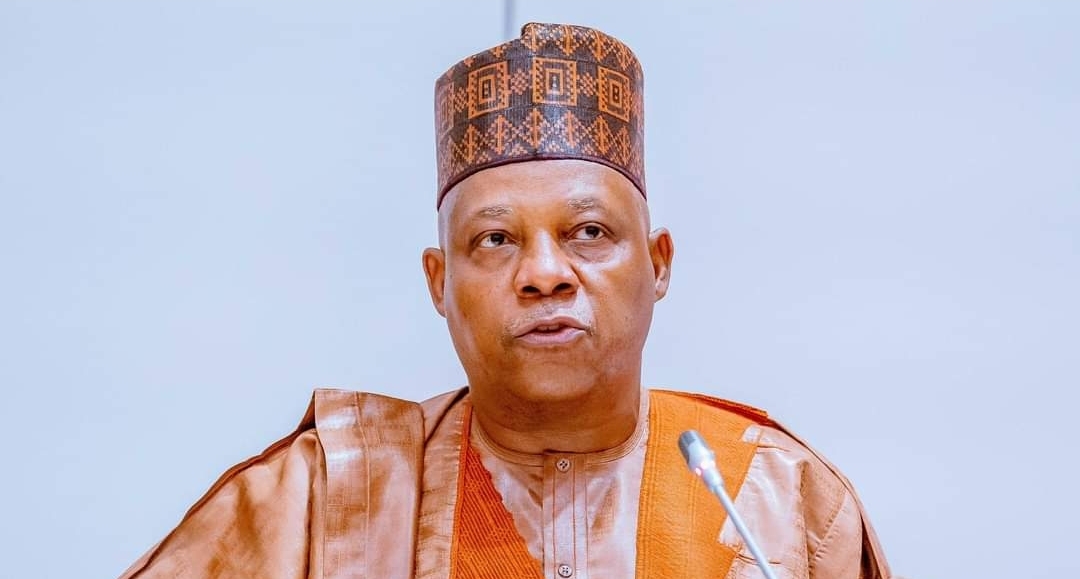Experts seek effective fiscal monetary policy to avoid recession

Some economists in the North-East have urged the federal government to formulate effective fiscal and monetary policies to prevent Nigeria from sliding into recession.
The experts, including academics and financial analysts, said the measure was imperative to build a vibrant economy and sustain the gains recorded in the agriculture sector, which enabled the country to withstand the current global recession.
Binta Yahaya, an economist in Damaturu, Yobe, said several factors indicated that the world was sliding into recession.
“In the UK and the U.S., rapid decline in productivity and high inflation rates have been reported.
“In Nigeria, there is too much money in circulation with low productivity level,” she said.
“Inflation is characterised by low per capita Gross Domestic Product (GDP). The GDP drops for two consecutive quarters and may last for about 10 months”.
She suggested that fiscal and monetary policies which might not have immediate benefits must be formulated to control recession.
The expert said such policies and plans must envisage natural disasters such as floods and pandemics, adding that over-reliance on importation must be checked.
Ms Yahaya noted that failure to manage the recession properly would lead to low wages, a high unemployment rate and borrowing.
Professor Ibrahim Hassan, Department of Economics, Modibbo Adama University (MAU), said the Russia-Ukraine war subjected many countries to recession due to the disruption in the global food and energy supply chain and low production.
“Presently, there is a crisis in the currency market, and it is responsible for the hike in prices of food commodities,” he said, stressing that proactive measures are necessary to guard against plunging the country into recession.
He urged the government to improve the oil and energy supply to meet increasing demands, encourage productivity and boost its revenue base.
Also, Jorome Jaimu, a lecturer in the Department of Economy, Adamawa State Polytechnic, Yola, said redesigning the naira note would affect the economy and escalate pressure on the Foreign Exchange (FOREX) in the country.
Similarly, Babagana, a senior lecturer, Borno State University, Maiduguri, opined that insecurity and oil vandalism posed a serious threat to sustainable economic growth in the country.
The don said the Nigerian economy was bleeding due to inflation, rising energy costs, FOREX scarcity, and naira depreciation.
Similarly, Usman Dutse, Dean, School of Business, Federal Polytechnic, Bauchi, said the trend exposed Nigeria’s economy to a fragile condition as major economic indicators showed negative signs.
Mr Dutse advocated consistent economic policies, reforms and plans by the government to salvage the unemployment rate, poverty and inflation.
Corroborating the stance, Mustapha Kabara, a lecturer, Department of Economics and Development Studies, Federal University Kashere (FUK), Gombe, advocated austerity measures to cut domestic spending and ensure policy continuity to avert a recession in the country.
He said this was part of the short-term measures to improve the economy by ensuring effective government spending control.
Mr Kabara said as the country prepares for election, it was desirable to ensure the continuation of sound policies of the incumbent administration for sustainable social and economic development.
On his part, Abdulmajid Jamal, a lecturer at the Economic Department, School of General Studies, Abubakar Tatari Ali Polytechnic (ATAP), Bauchi, observed that Nigeria is moving towards a self-sustained economy in terms of food production.
According to him, with the country moving towards self-sufficiency in food production, it was not going into recession anytime soon.
He further attributed the inflation in the country to the importation of raw materials for manufacturing industries due to high FOREX.
(NAN)
We have recently deactivated our website's comment provider in favour of other channels of distribution and commentary. We encourage you to join the conversation on our stories via our Facebook, Twitter and other social media pages.
More from Peoples Gazette

Politics
Katsina youths pledge to deliver over 2 million votes to Atiku
“Katsina State is Atiku’s political base because it is his second home.”

Education
Plateau varsity suspends exams after killing of 200-level student by gunmen
Mr Ayuba said that the university had also declared a two-day mourning in honour of the slain student.

Lagos
Lagos govt. nabs ten fake enforcement officials
“The arrest was made in response to complaints registered at the ministry by concerned citizens,” he said.

Agriculture
Netherlands, Nigeria collaborate to enhance food security
One of the key initiatives is the Netherlands-Nigeria Seed Partnership, aimed at improving access to quality seeds and enhancing crop productivity.

Economy
Ogun government begins enrolment of 80,000 beneficiaries for FG’s cash transfer
She disclosed that over 80,000 households would benefit from the exercise in 192 wards and 2,681 communities across Ogun.

Education
Shettima urges academics to chart course for secure, prosperous Nigeria
Mr Shettima lauded the contributions of academics to national unity, adding that through their work, a more secure and prosperous country was possible.

Politics
Kwankwaso betrayed my trust; he’s attempting to hijack, destroy NNPP: Boniface Aniebonam
“I funded the party for 22 years, and Kwankwaso wants to hijack it even when he is not a member of the board of the trustees or the leader of the party,” said Mr Aniebonam.








